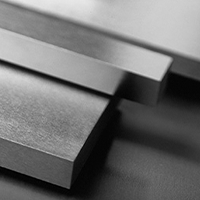The ideal steel for your knife from ABRAMS Industries®!

THE IMPORTANCE OF CHOOSING THE RIGHT STEEL
This is where steel comes into play. It is the deciding factor that effects the performance and durability of a knife and dictates what you can do with it. This is exactly why choosing the right steel is important, to get the best possible performance of a knife.
Steel is an alloy of iron and carbon that provides a solid base for knife making. Mixing in various elements such as chromium, vanadium and molybdenum gives the steel specific properties that are crucial for the knife's cutting performance, sharpness, corrosion resistance and durability.
Therefore, it is important to mention that not every steel is suitable for every type of knife, as they require to meet different requirements.
Knives are one of the most used and oldest tools in the world. Already more than 2.5 million years ago, our ancestors used knife-like tools, especially for hunting. Of course, the importance and manufacture of these tools has changed a lot compared to the past, but the basic idea is still the same.
Knives have not only changed due to technical advances, but also inevitably with the changes in human eating habits. Thus, the methods of preparing food have had an impact on the further development of tools, as today a different knife can be used for each step in the cooking process.
How does steel influence knifemaking?
Which ABRAMS Industries® steel is suitable for which knives?
This is a stainless, martensitic steel with high hardness and high wear resistance and good cutting power due to the higher carbon content. Compared to the AISI 440B this steel has a slightly higher hardenability at the expense of thecorrosion resistance. The material is conditionally acid resistant.
It is perfect for knives for the food industry, for example:
> Frozen food cutters
> Pork and beef cleaving knives
> Fish industry knives
> Accessories for meat grinders
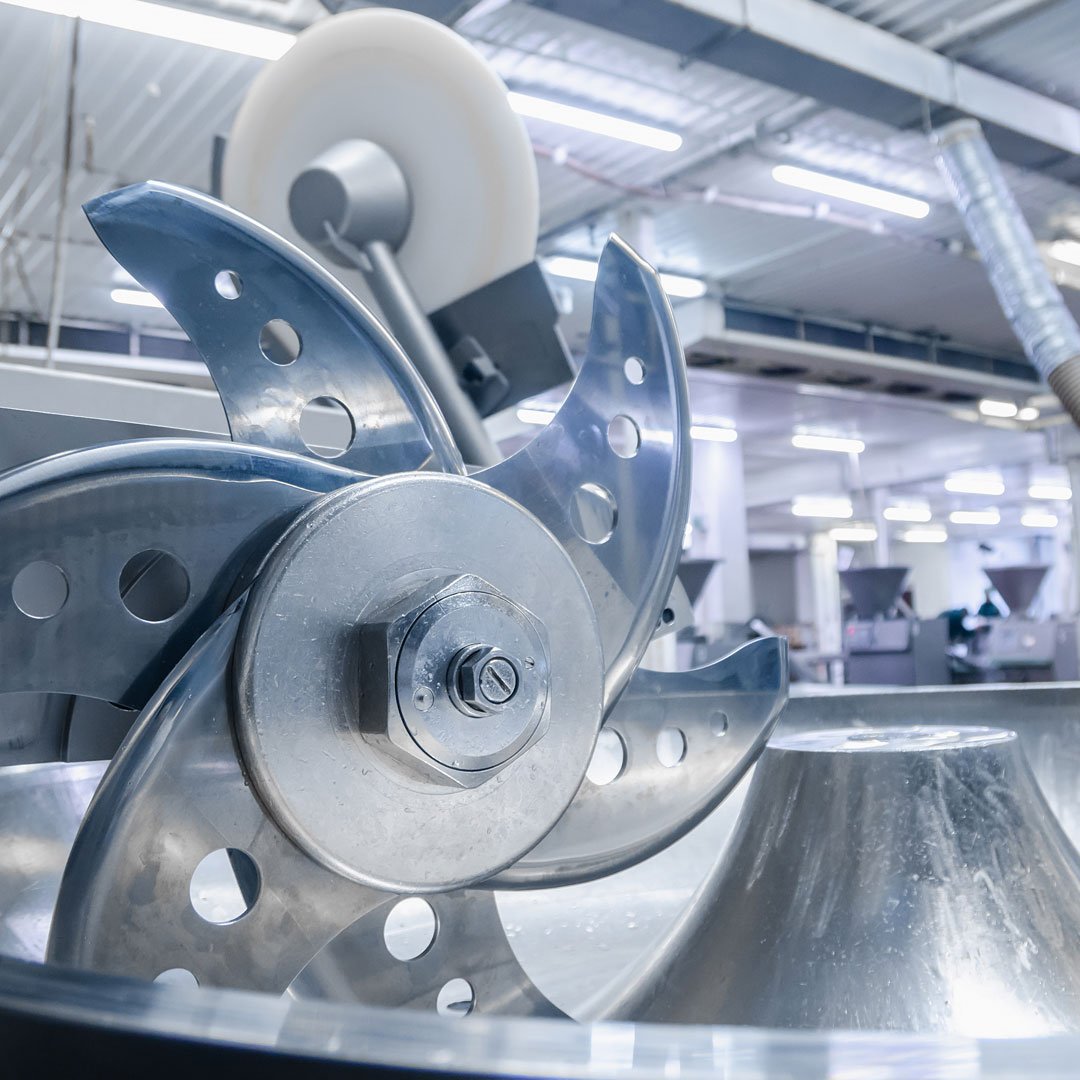
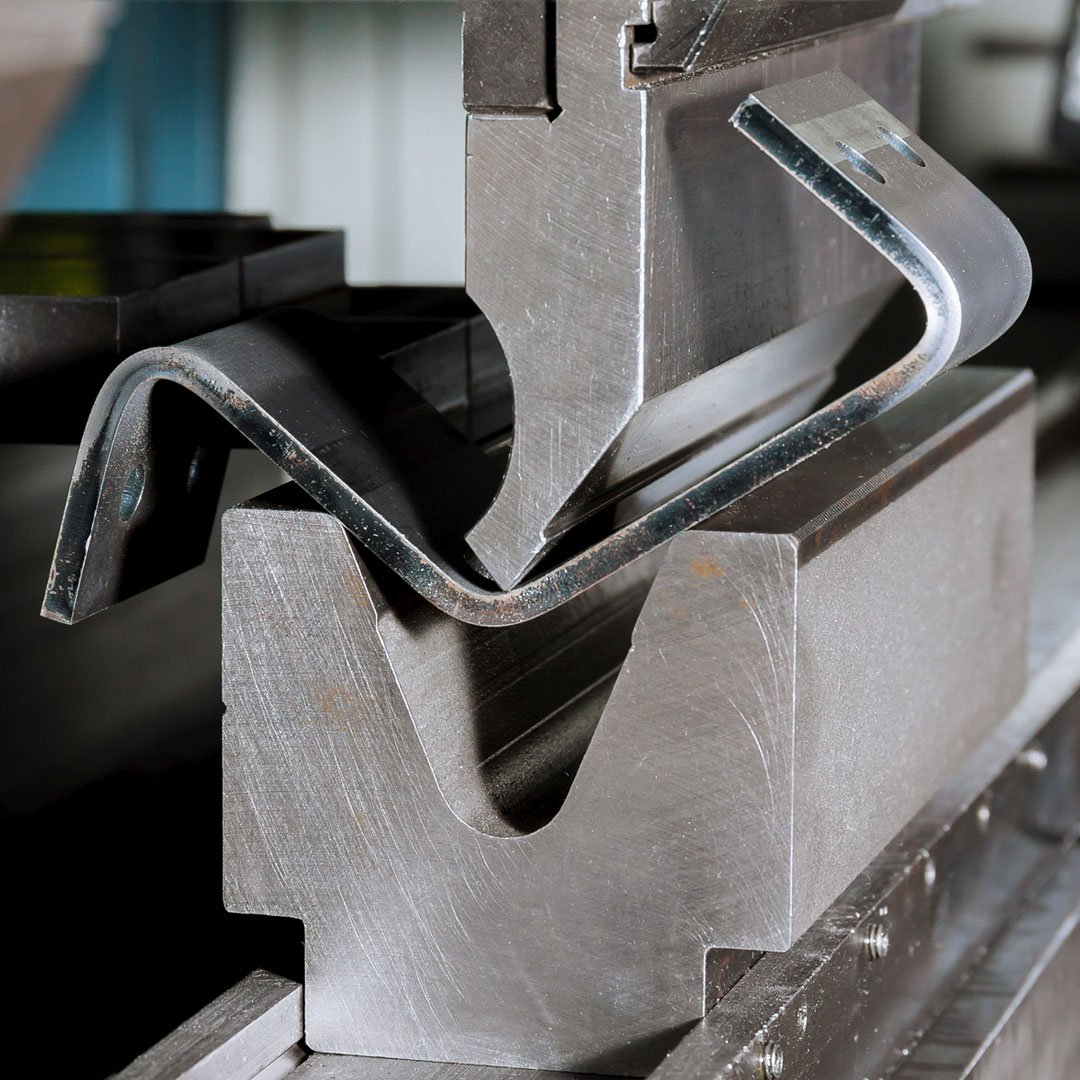
This steel is a very robust cold work steel which can be used for a wide range of applications. Has a good through-hardenability and high toughness (well balanced formation of hard carbides due to approx. 8% chromium). Possesses a high cutting power, high wear resistance as well as excellent tempering resistance.
Among others, suitable for:
> Cutting tools for industry, folding machines, woodworking (shredder, board, veneer, pane, and squared timber saws)
> Industrial knives
> Wood chipping knives
> Veneer knives
Similar to A8 mod. / Chipper Knife Steel, D2 is a secondary-hardening, ledeburitic cold work steel and can be used for a wide range of applications. It has low distortion, excellent wear resistance and good toughness and is temper-resistant, even at high hardening temperatures.
For example, for:
> Knives with higher corrosion resistance
> Shearing knives that are used in humid and/or aggressive environments
> Woodworking tools
> Normal shearing knives
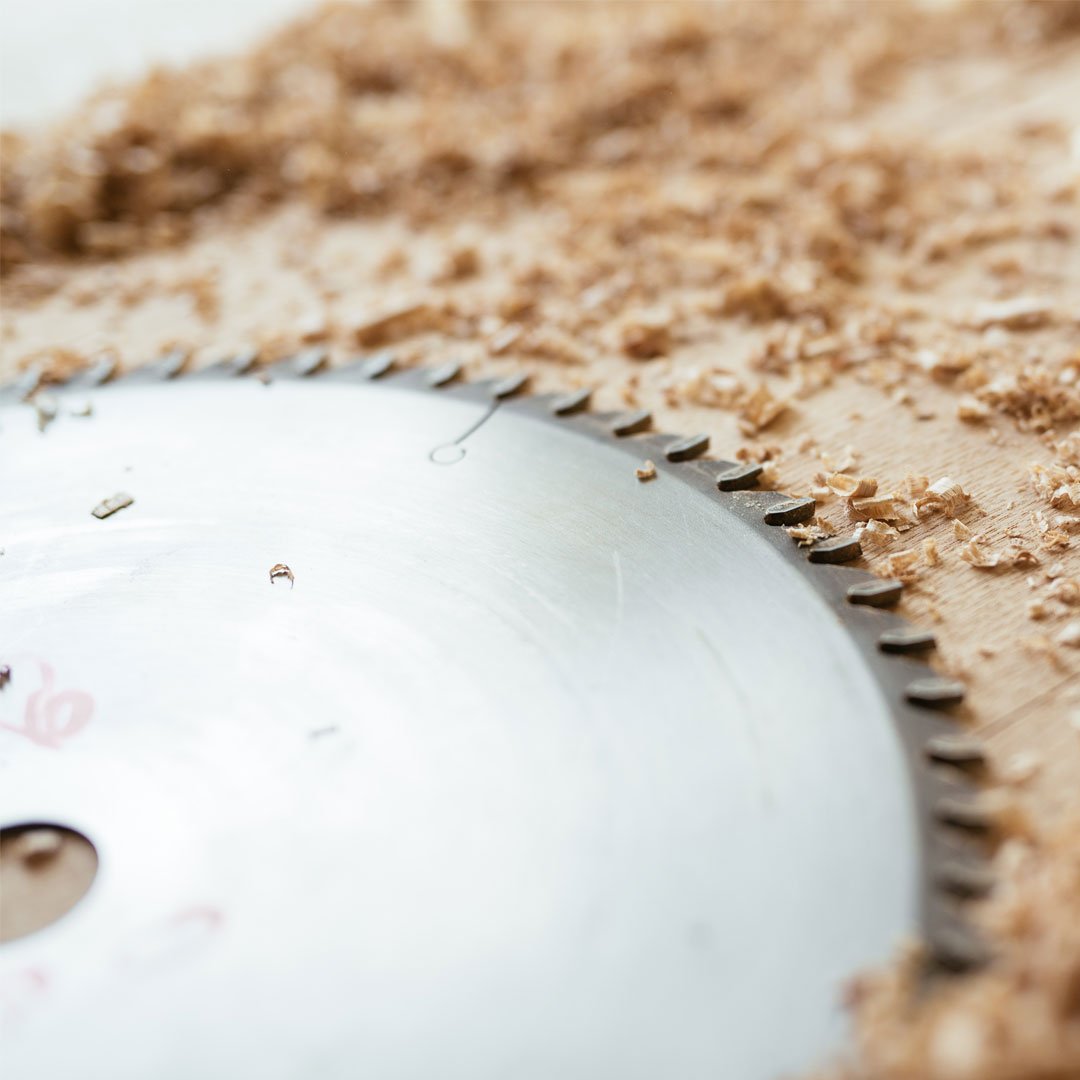
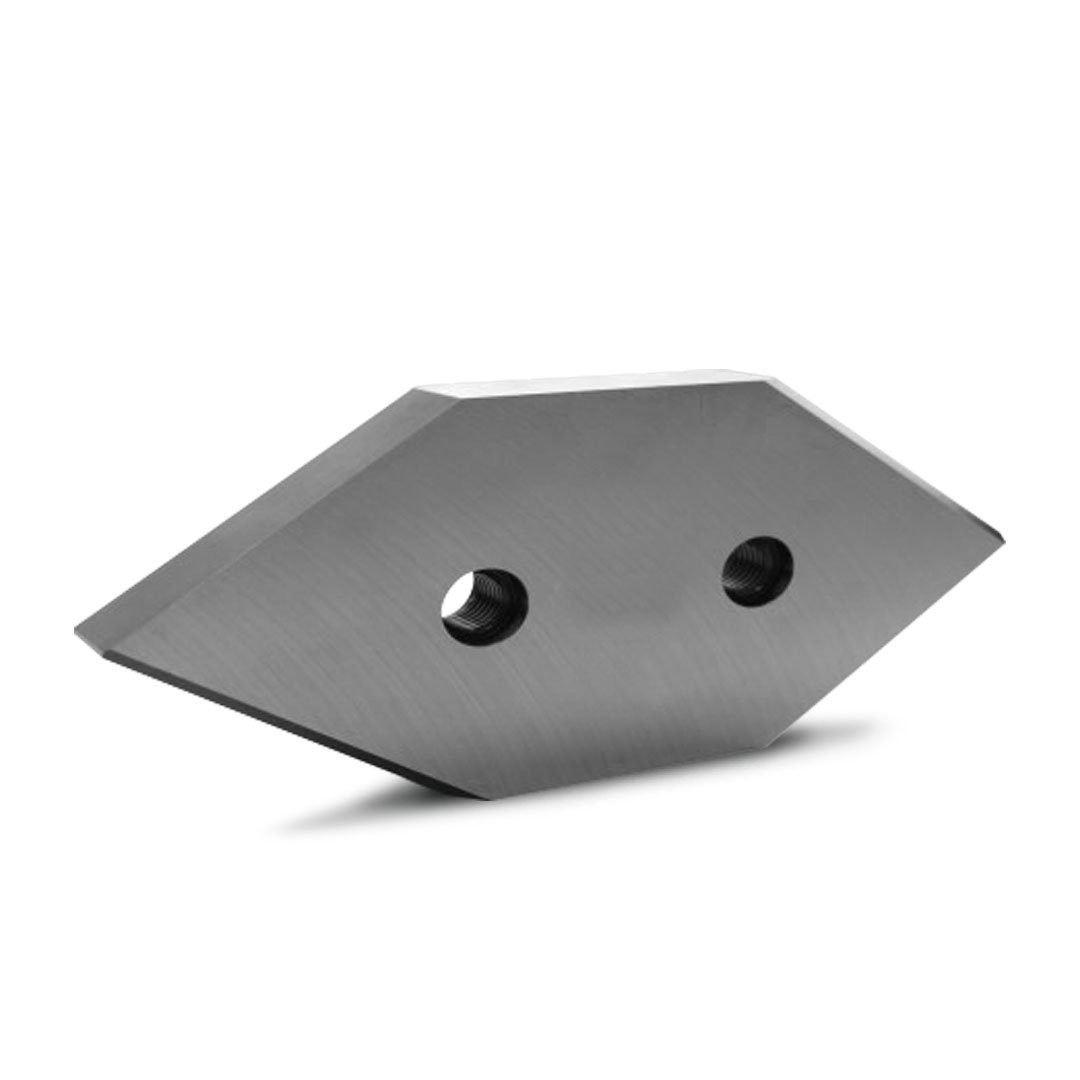
It is a steel grade with focus on cold work, high toughness (nickel content), good through-hardenability (even for large cross-sections), as well as high impact strength and pressure resistance. Additionally, it is polishable, etchable, and erodible.
Is suitable, among other things, for:
> Scrap shear knives
> Billet shear knives
> Cold shear knives
A corrosion resistant martensitic chrome-steel (approx. 18% Cr) for cold work. It reaches an unusually high hardness and high wear resistance after heat treatment and is high gloss polishable and conditionally acid resistant.
Suitable for, among other things:
> Better variants of pocket knives
> Hunting knives (also known as 440 steel series)
> Knife discs
> Perforated discs for the food industry
> Cutter knives
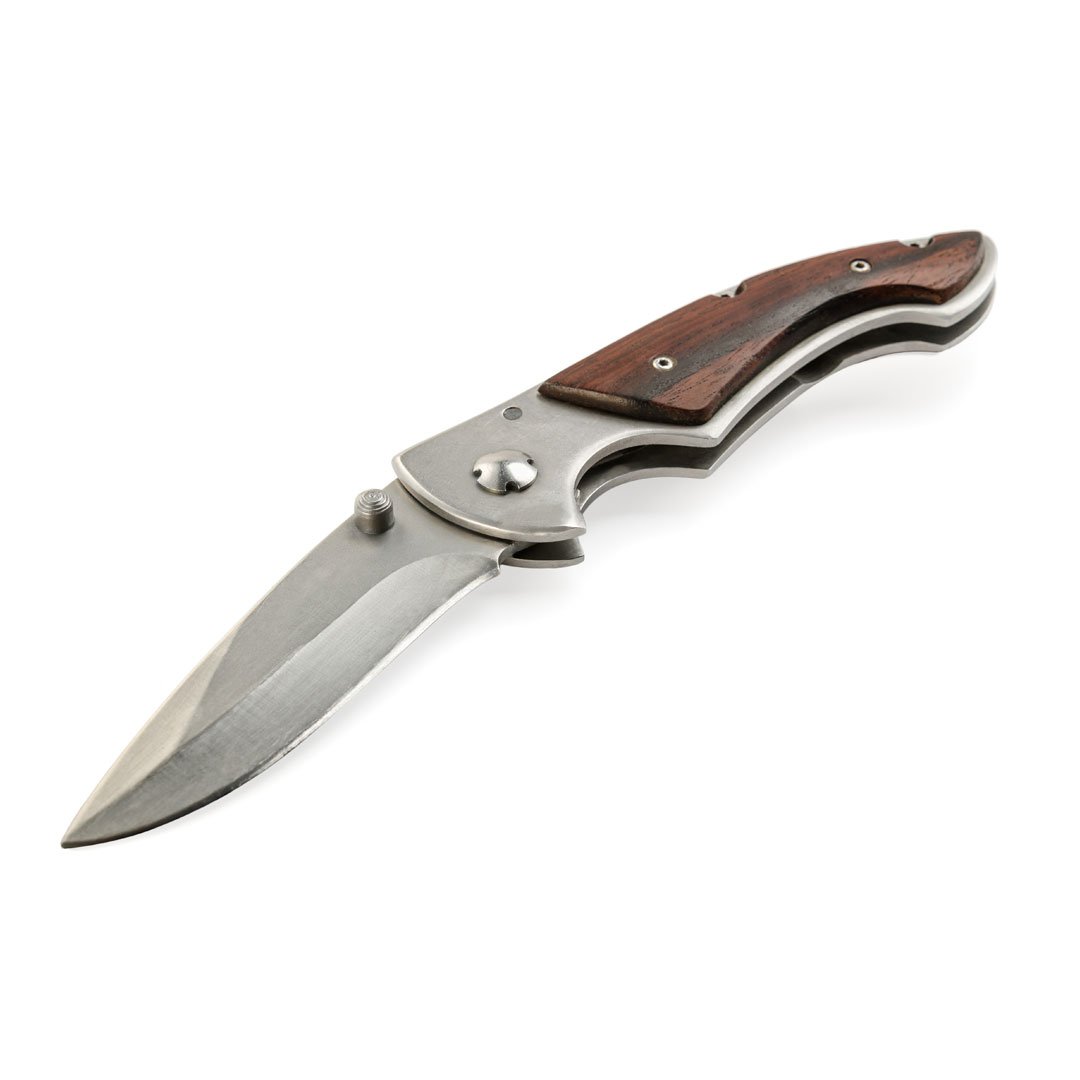
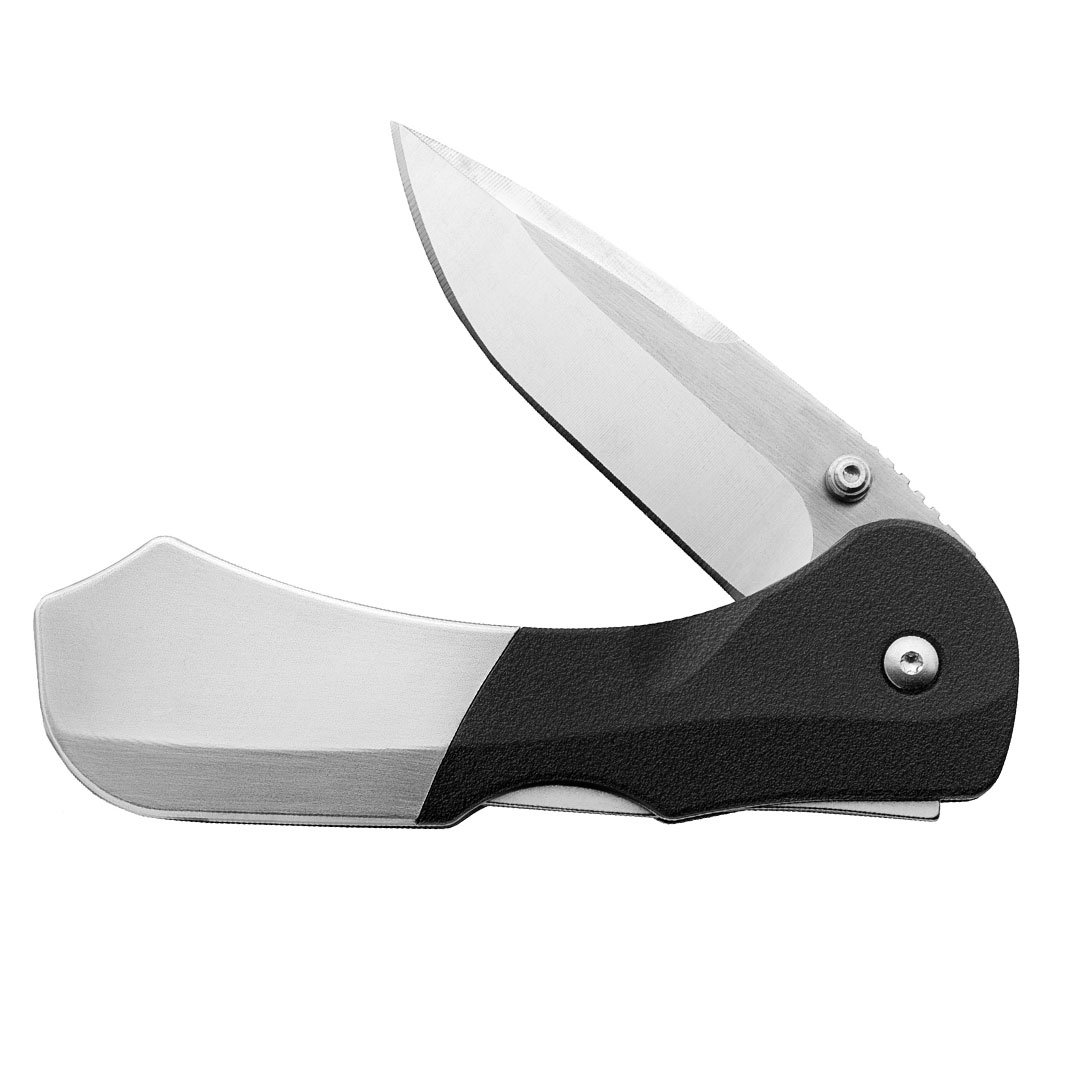
An alloyed oil hardener with focus on cold work; can be used for a wide range of applications: has full hardenability, a high degree of dimensional stability, good cutting power and good toughness.
For example, for:
> Simple scissors
> Simple cutting knives
> Cheap pocket knives
> Machine knives
> Woodworking tools
This grade is a corrosion resistant cold work and plastic mold steel with good machining properties, which is hardenable, and polishable. It is a low distortion through-hardening steel with full hardenability and high wear resistance and is conditionally acid resistant.
Used in, for example:
> Medical technology
> Scissors
> Kitchen knives
> Razors
> Machine knives
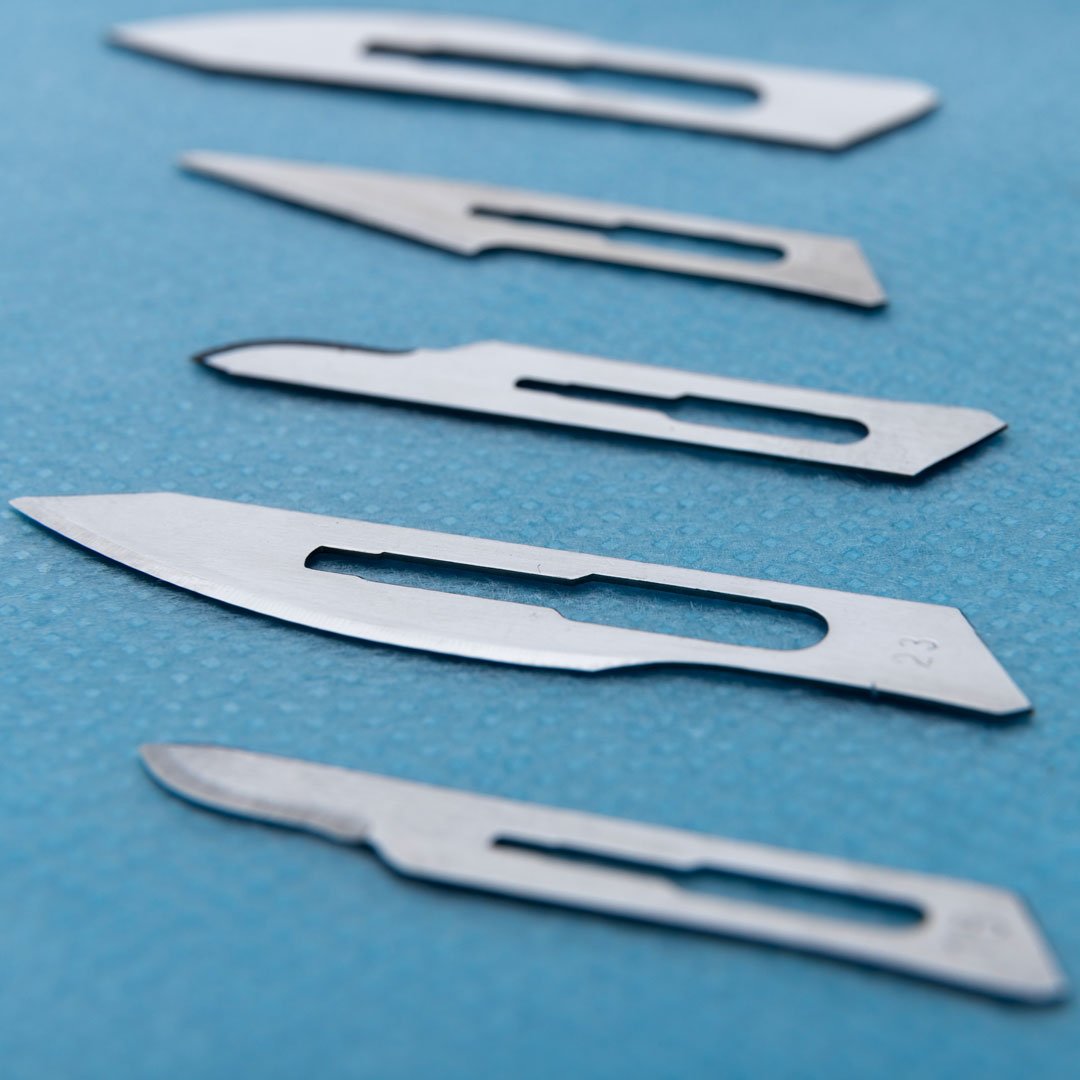
Conclusion
The diversity of our steel grades opens a huge world of possibilities for making knives.
Not every steel can be used for every application, which is why it is always important to take a close look at the properties of the material to filter out the best one for the project in question. Selection of the right steel plays a crucial role in terms of sharpness, edge retention, corrosion resistance, resilience, flexibility, and heat treatment. It must be carefully selected so that the finished knife meets the requirements of its intended use and provides the user with long lasting enjoyment.
"A purposefully selected and high-quality steel can make the knife a trusted companion - whether in everyday life, in the kitchen, in engineering, in the medical field or in nature."
- Dr. Juergen Abrams

Dr. Jürgen Abrams
Founder, CEO
Experienced steel specialist
Dr. Jürgen Abrams is the founder and CEO of ABRAMS Industries®, a customer-oriented company specializing in premium steel and customized precision steel and aluminum.


